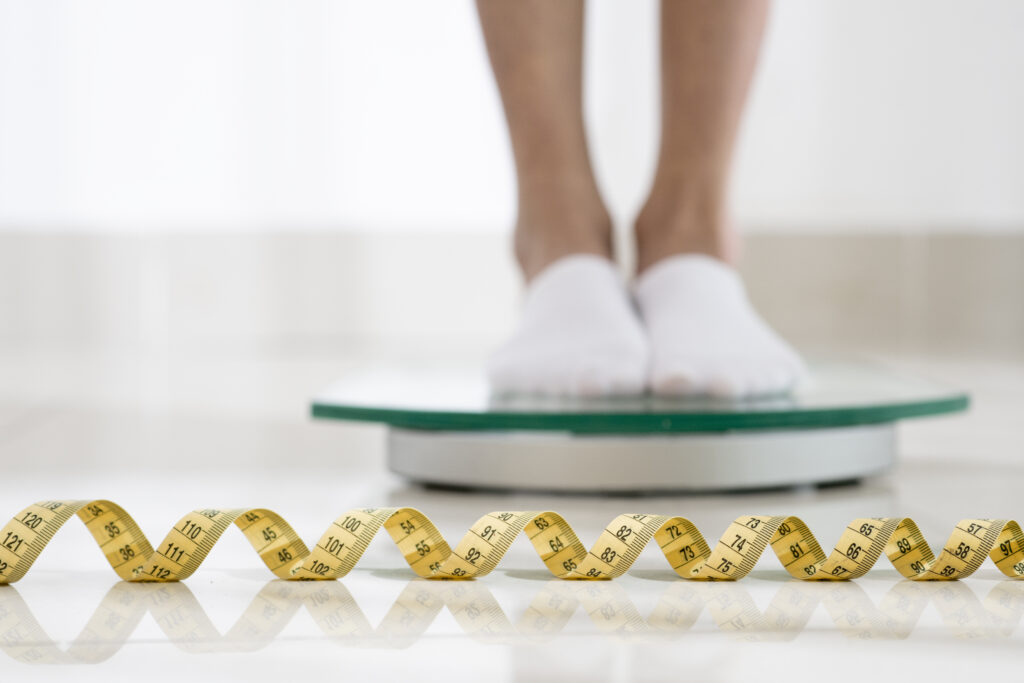Might it be said that you are going through Menopause Diet and battling with weight gain? Don’t worry; you’re not alone. Many women experience changes in their body during this stage of life, including an increase in belly fat and a slower metabolism. However, with the right approach to nutrition and lifestyle, you can manage your weight effectively. In this article, we will explore a 5-day diet plan specifically designed to help women going through menopause lose weight and feel their best.
Introduction
Menopause is a characteristic organic interaction that denotes the finish of a lady’s regenerative years. During this transition, hormonal fluctuations can lead to weight gain and a redistribution of fat in the body. However, adopting a healthy diet plan can make a significant difference in managing your weight and overall well-being.

Understanding Menopause and Weight Gain
Hormonal changes during menopause can contribute to weight gain, particularly around the abdomen. Estrogen levels decrease, leading to a shift in fat distribution. Additionally, metabolism tends to slow down, making it easier to gain weight and harder to lose it. However, with the right strategies, you can combat these changes and achieve weight loss.
Day 1: Resetting Your Eating Habits
On the first day of your menopause diet plan, focus on resetting your eating habits. Start by eliminating processed foods, sugary snacks, and refined carbohydrates from your diet. All things considered, decide on entire food varieties like natural products, vegetables, lean proteins, and entire grains Ensure that you consume a balanced amount of calories throughout the day to support your energy needs.
Day 2: Incorporating Superfoods
Superfoods are packed with essential nutrients that can support weight loss and overall health. Include foods like blueberries, kale, salmon, quinoa, and almonds in your meals. These superfoods are rich in antioxidants, vitamins, and minerals, which can help regulate hormones and reduce inflammation in the body.
Day 3: Balancing Macronutrients
Properly balancing macronutrients is crucial for weight management. Incorporate a combination of carbohydrates, proteins, and healthy fats in each meal. Carbohydrates should come from whole grains and vegetables, proteins from lean sources like chicken or tofu, and healthy fats from sources such as avocados, nuts, and olive oil.
Day 4: Intermittent Fasting
Intermittent fasting can be an effective strategy for weight loss during menopause. This eating configuration incorporates cycling between seasons of fasting and eating. Start with a 12-hour fasting window overnight and gradually increase it to 14 or 16 hours. During the fasting period, stick to water, herbal tea, or black coffee. Converse with a clinical benefits capable before starting unpredictable fasting.
Day 5: Staying Active and Hydrated
Regular exercise is essential for maintaining a healthy weight and managing menopausal symptoms. Engage in activities such as brisk walking, swimming, or yoga to boost your metabolism and burn calories. Additionally, staying hydrated is crucial for overall health and weight management. Expect to drink something like eight glasses of water each day.
Try Weight Loss Gummies
Conclusion
Losing weight during menopause may require some adjustments to your diet and lifestyle, but it is achievable. By following this 5-day menopause diet plan and making long-term healthy choices, you can support weight loss, improve your overall well-being, and navigate this transitional phase with confidence.

FAQs
Can the menopause diet plan help with other symptoms besides weight gain?
Yes, adopting a healthy diet can help alleviate other menopausal symptoms such as hot flashes and mood swings.
How long should I follow the 5-day menopause diet plan?
The 5-day plan serves as a starting point, but it is recommended to incorporate these healthy habits into your long-term lifestyle.
Are there any specific foods to avoid during menopause?
It’s best to limit processed foods, sugary snacks, and foods high in saturated fats. These can contribute to weight gain and inflammation.
Can I personalize the menopause diet plan according to my preferences?
Absolutely! Feel free to modify the plan based on your dietary needs and preferences, while ensuring it remains balanced and nutritious.
Is it necessary to exercise while following the menopause diet plan?
Exercise is highly beneficial during menopause for weight management and overall health. Find exercises that you appreciate and make them a piece of your daily practice.














2 thoughts on “The Menopause Diet: A 5-Day Plan to Lose Weight”